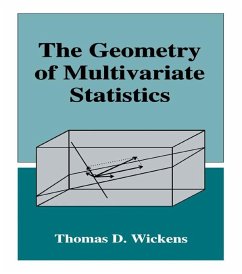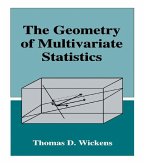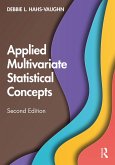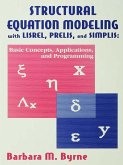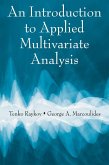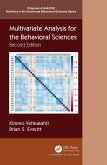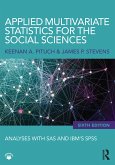This book is designed to help the reader develop a way of thinking about multivariate statistics, as well as to understand in a broader and more intuitive sense what the procedures do and how their results are interpreted. Presenting important procedures of multivariate statistical theory geometrically, the author hopes that this emphasis on the geometry will give the reader a coherent picture into which all the multivariate techniques fit.
Dieser Download kann aus rechtlichen Gründen nur mit Rechnungsadresse in A, B, BG, CY, CZ, D, DK, EW, E, FIN, F, GR, HR, H, IRL, I, LT, L, LR, M, NL, PL, P, R, S, SLO, SK ausgeliefert werden.
CHOICE
"The book is nicely written and proceeds step by step from bivariate regression to more complicated multivariate methods."
Zentralblatt MATH
CHOICE
"The book is nicely written and proceeds step by step from bivariate regression to more complicated multivariate methods."
Zentralblatt MATH

